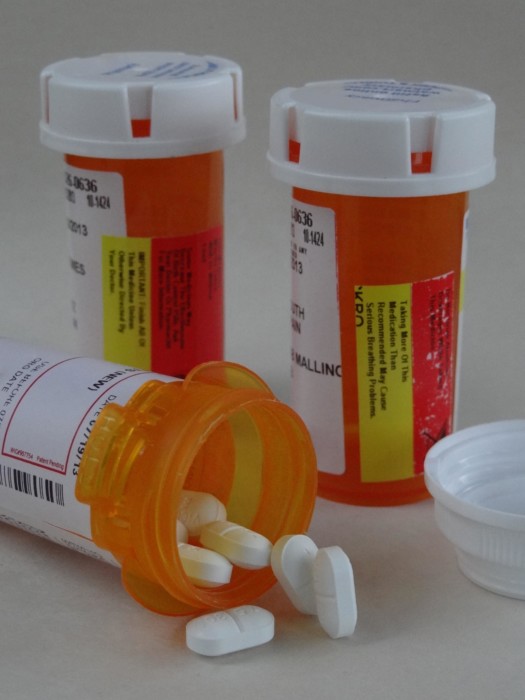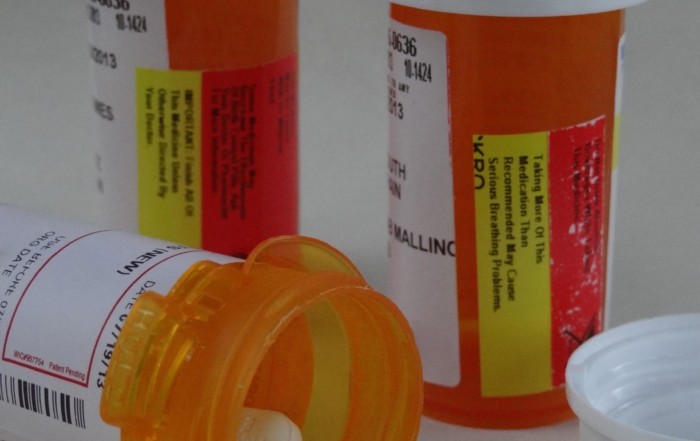Is It Time For a Med Change?

Wouldn’t living with a mental health challenge be easier if we knew the answer to that question? If you’re starting to have some symptoms or feel out of balance, you might blame it on stress or a difficult situation you’re dealing with. Having more trouble getting out of bed? You might think it’s just part of the normal ups and downs of depression. If I go several days or weeks without sleeping well, I tend to chock it up to staying up too late or trying to do too much during the day.
Certainly, life circumstances can trigger symptoms, but we sometimes forget to consider that our medications may be the cause. After being diagnosed, most of us go through a period of trial and error before finding the right medication or combination of meds to treat our symptoms. My heart goes out to those of you who have tried to find a medication(s) that will provide relief from your symptoms but haven’t had success. Keep pressing on. Don’t give up on working with your doctor to explore alternative treatments.
Some people experience long periods of wellness and stability and then suddenly crash, often leading to hospitalization in order to change medications quickly. Others may experience a gradual change that is largely unnoticeable until symptoms become more obvious.
I recently experienced a slow, downward slide that started in May of last year and I finally decided to ask my provider if anything could be done. I explained to her that over the previous twelve months I wasn’t functioning or feeling as well as I had over the past couple of years. Specifically, I didn’t have much motivation and I was losing interest in doing things I normally enjoy. My mood was pretty good most of the time which, for having bipolar ll, was a positive. So the nagging question in my mind, one that often prevents us from discussing these concerns with our provider: “Is it just me not dealing with my circumstances well or trying hard enough to stay healthy, or are my meds not working as well as they did before?”
Rather than take me off my antidepressant, my provider added a second antidepressant that affects energy levels and motivation. Unfortunately, the first one sent my appetite through the roof and I quickly packed on the pounds; plus I didn’t feel any better! The second med she prescribed took a couple weeks to work but when it kicked in I noticed a big difference. My mind felt more alert, I didn’t feel like sitting around all day, and I started cleaning out closets!
So to answer the question, “Is it time for a med change?” I would first talk to your provider about the changes you’ve noticed, whether they’re physical, mental and/or emotional. If you’re not scheduled to see him or her soon, I encourage you to make an appointment and not wait until things get worse. Don’t tell yourself it’s no big deal and that you shouldn’t bother them. One of the biggest mistakes I hear people make is to adjust their meds on their own, either increasing them or abruptly stopping a new one. Your provider has the education and experience to address your particular symptoms and, if necessary, to adjust or change your meds.
Secondly, be willing to work with your provider until you find a med that improves your symptoms. If the first one doesn’t help or the side effects are intolerable, don’t just give up and not go back. None of us like the trial and error process, but isn’t it worth the effort to find a med that helps you feel better mentally and emotionally? Don’t settle for anything less than feeling as well as possible with your particular diagnosis and having the ability to live a full and satisfying life.



